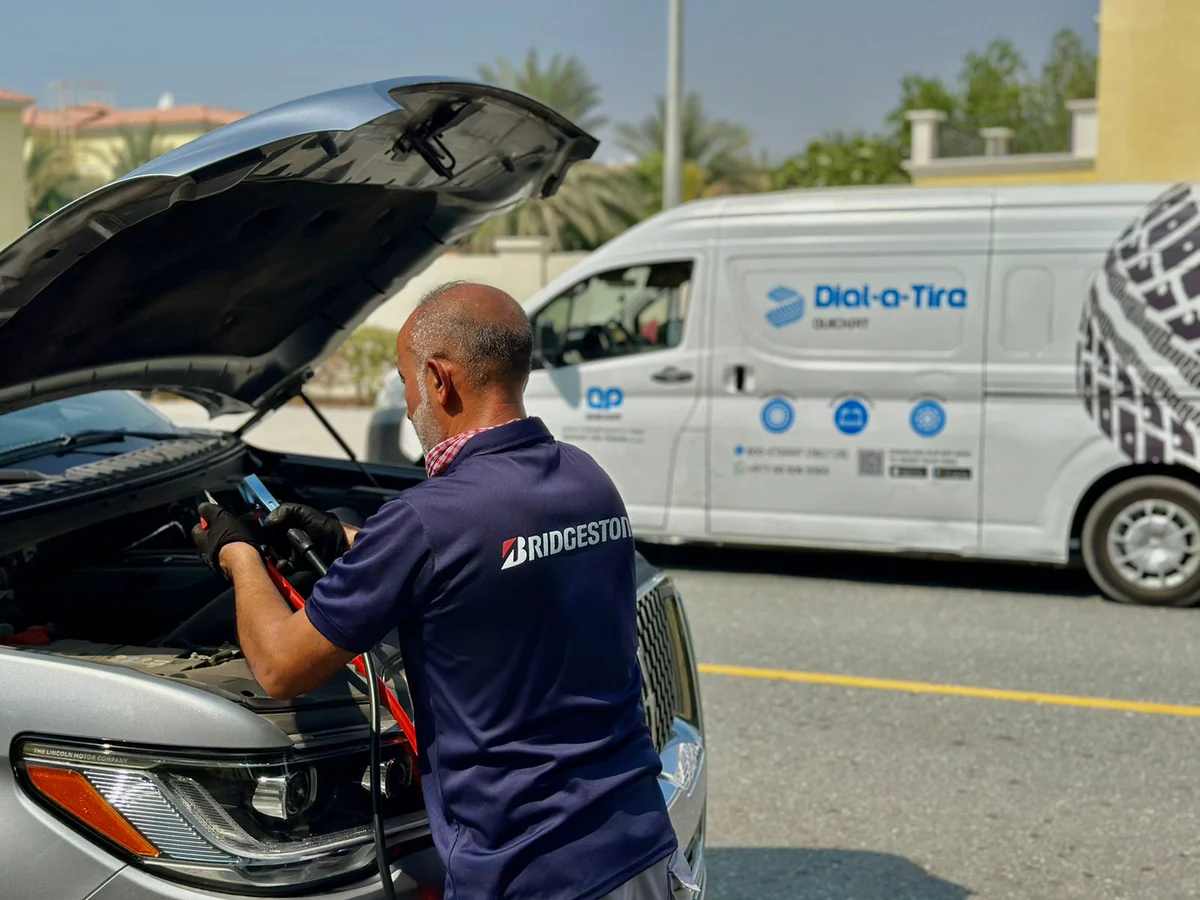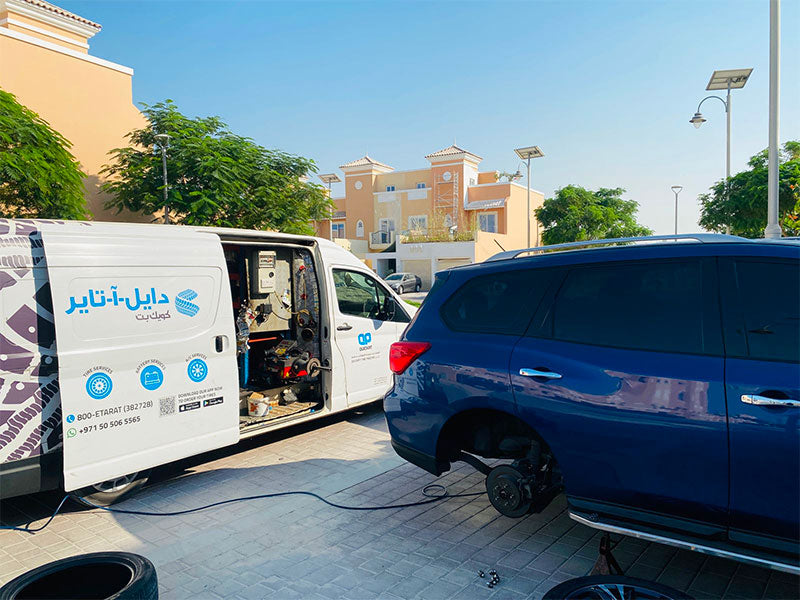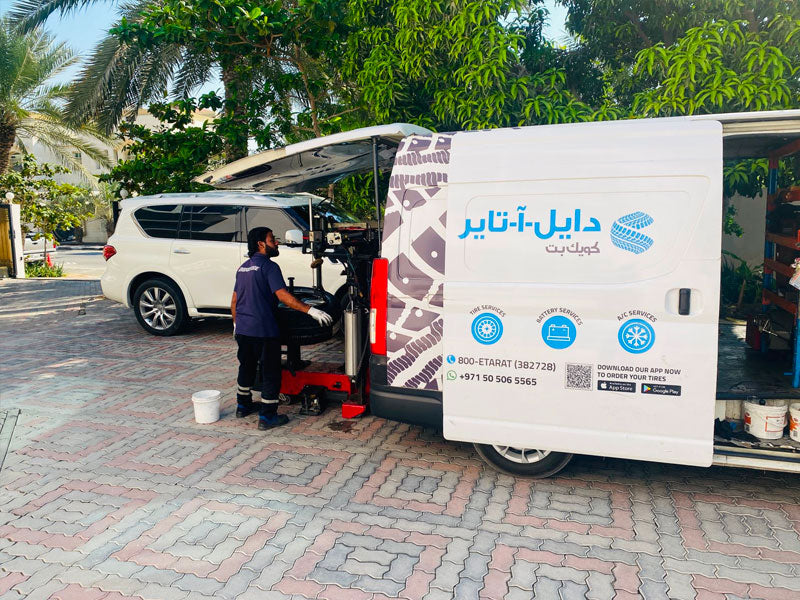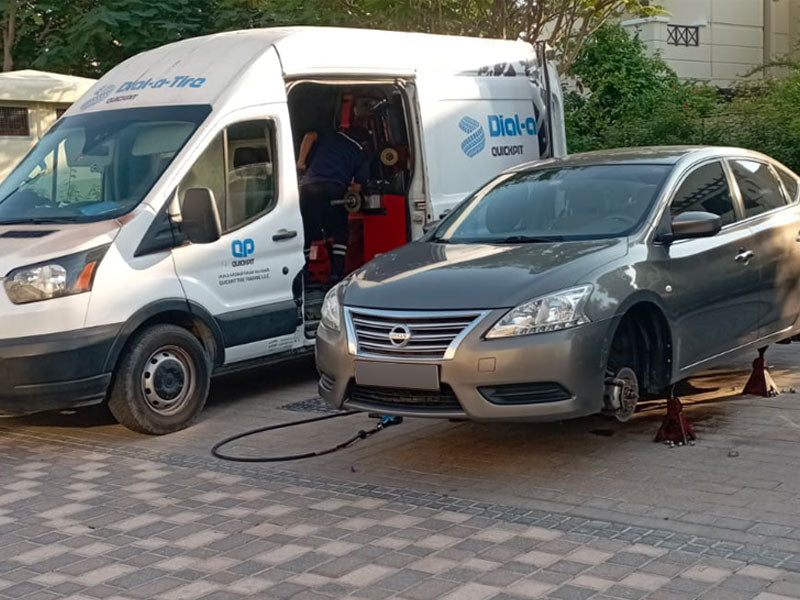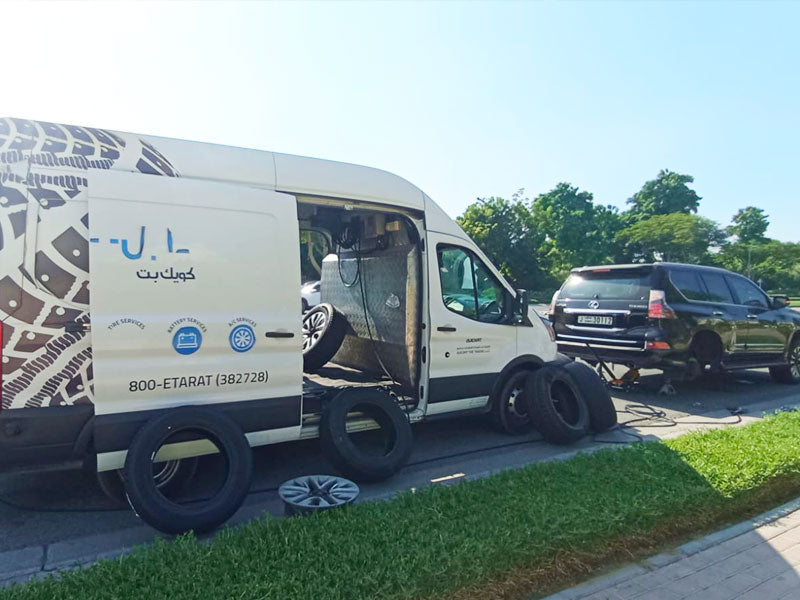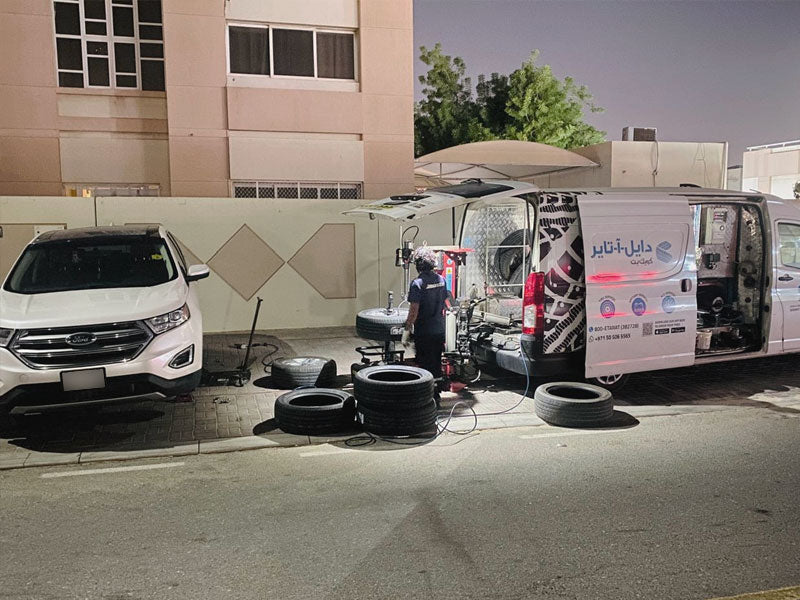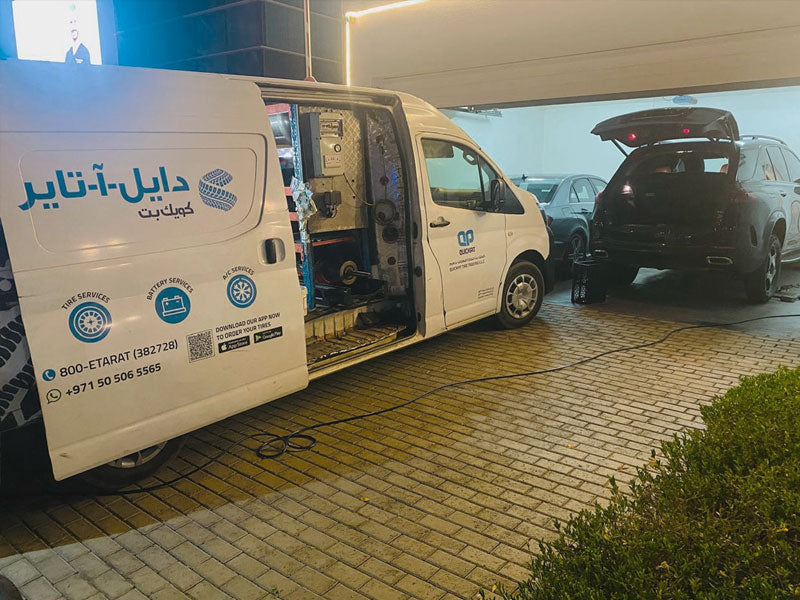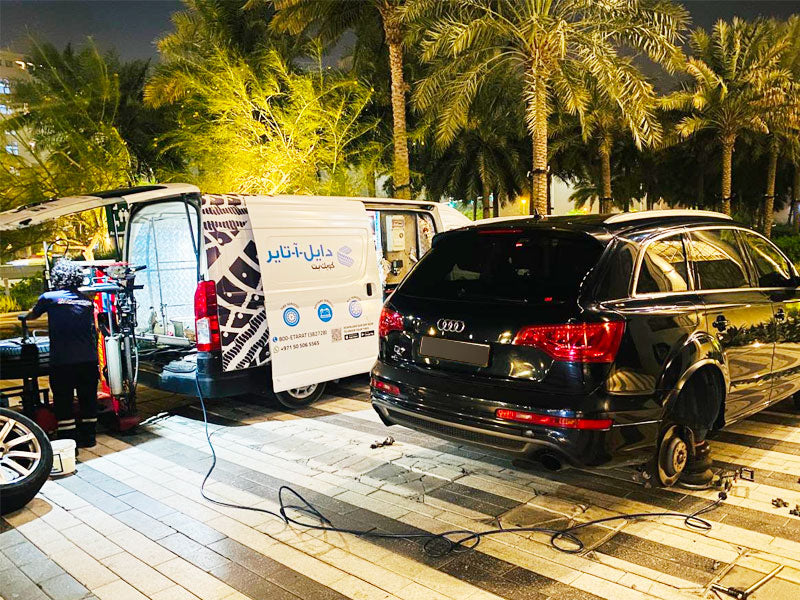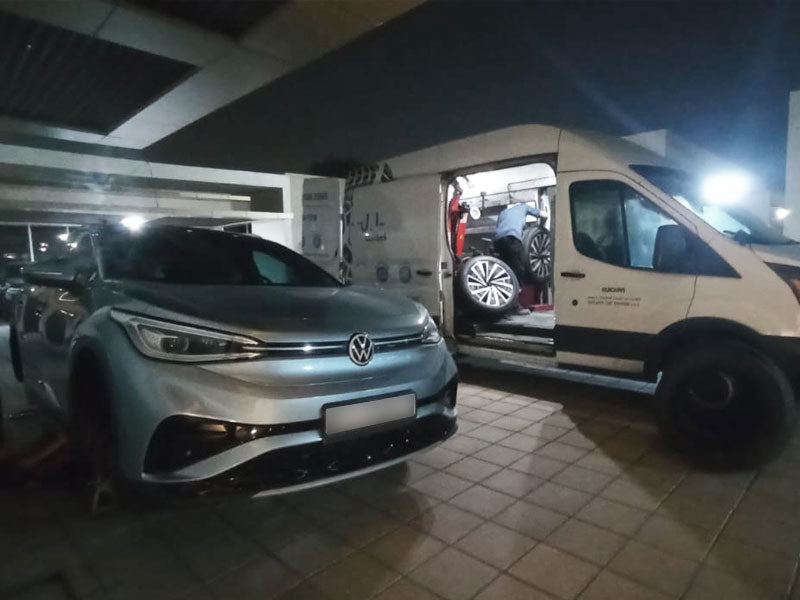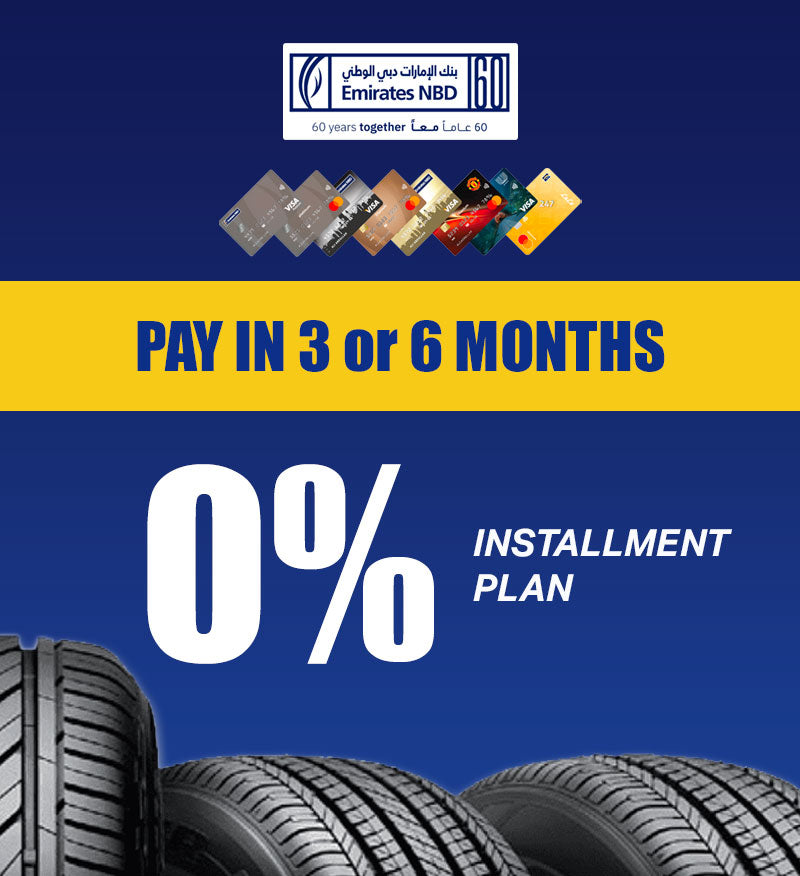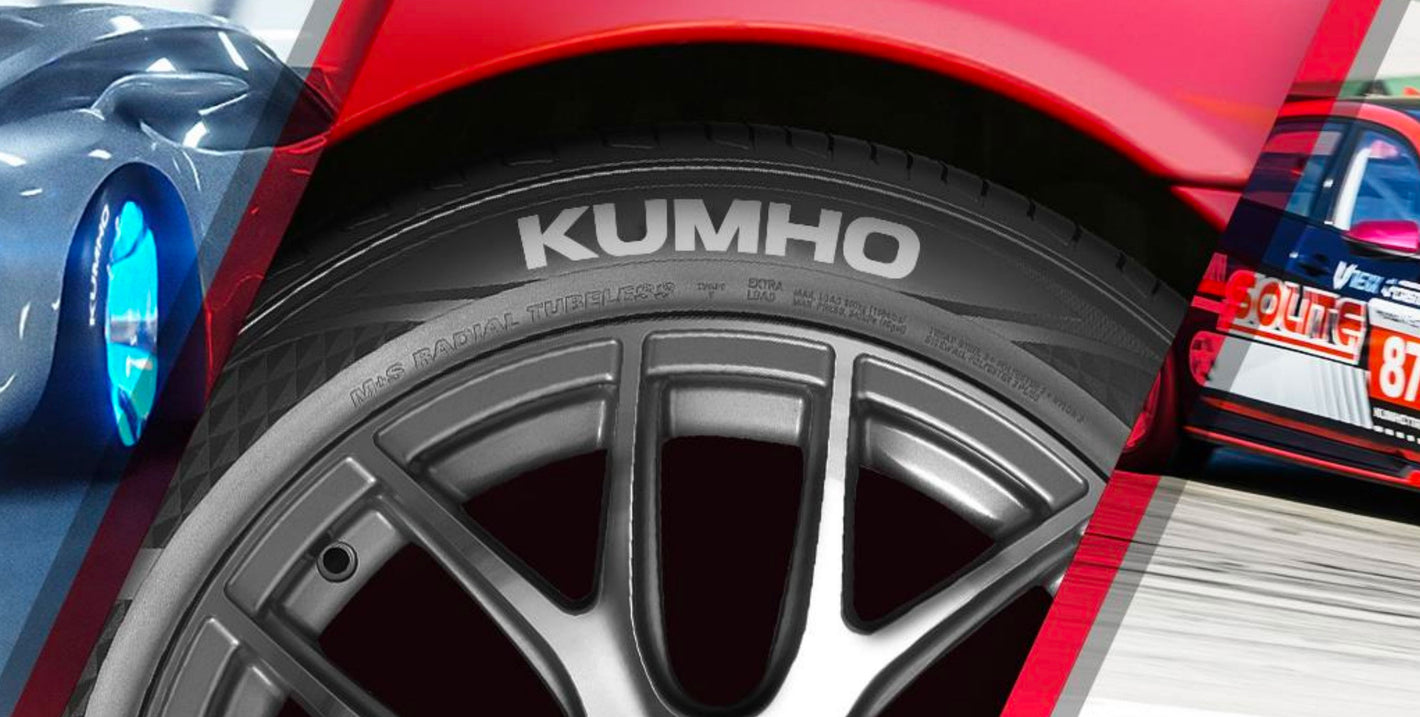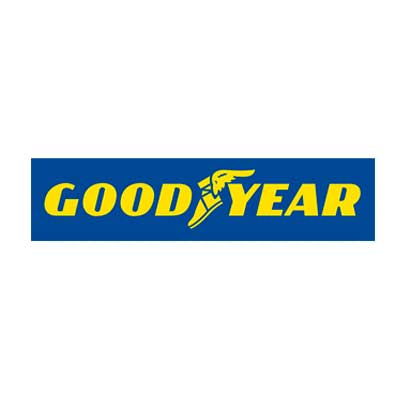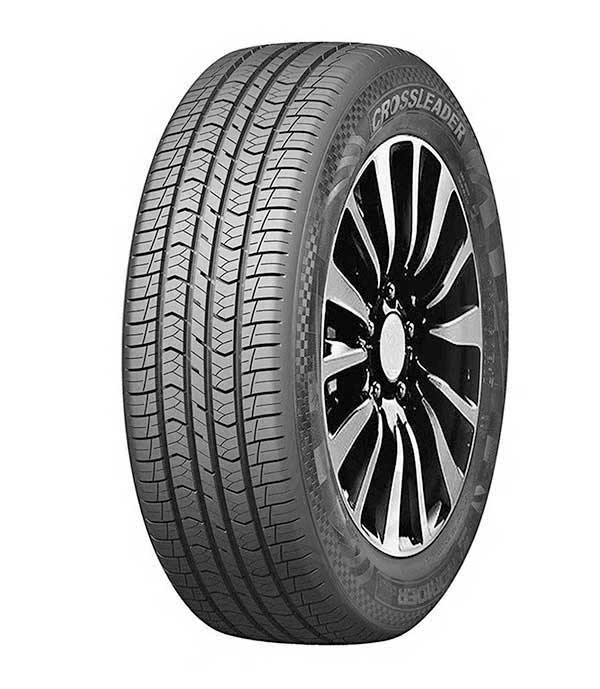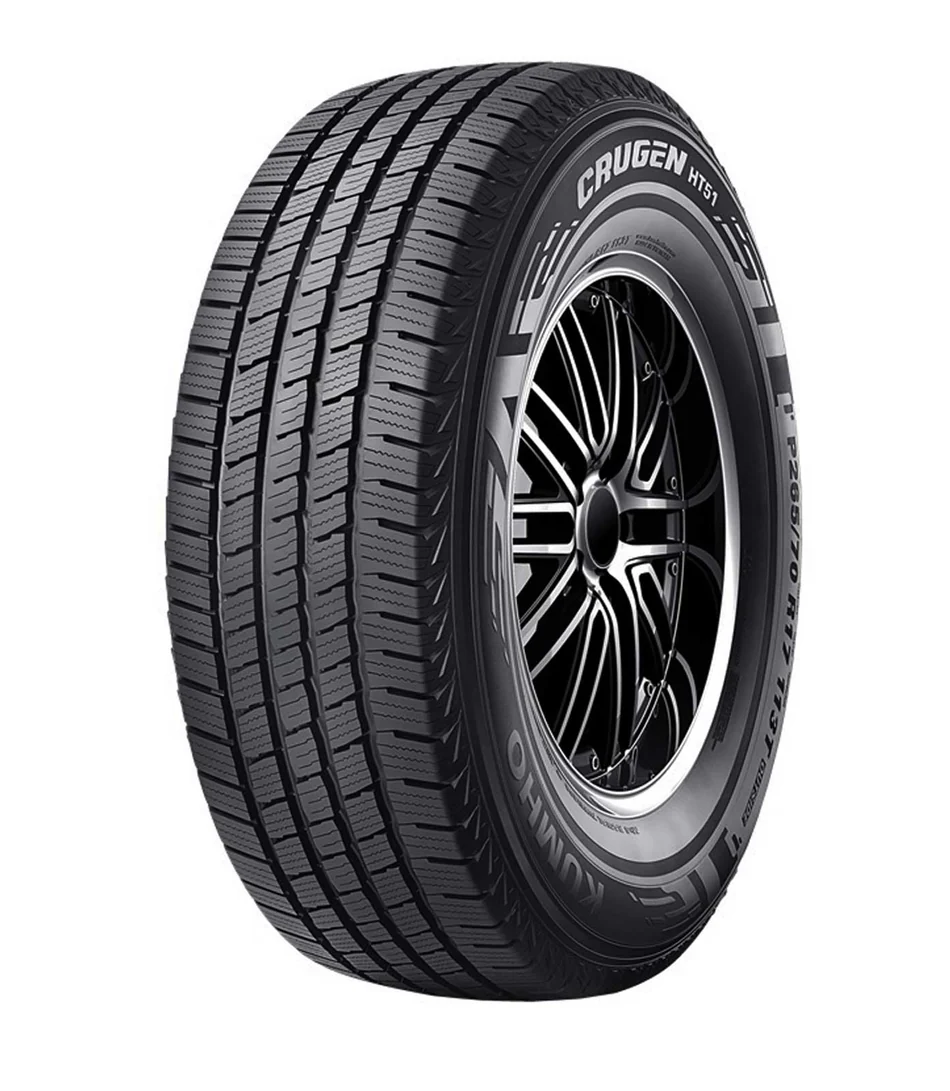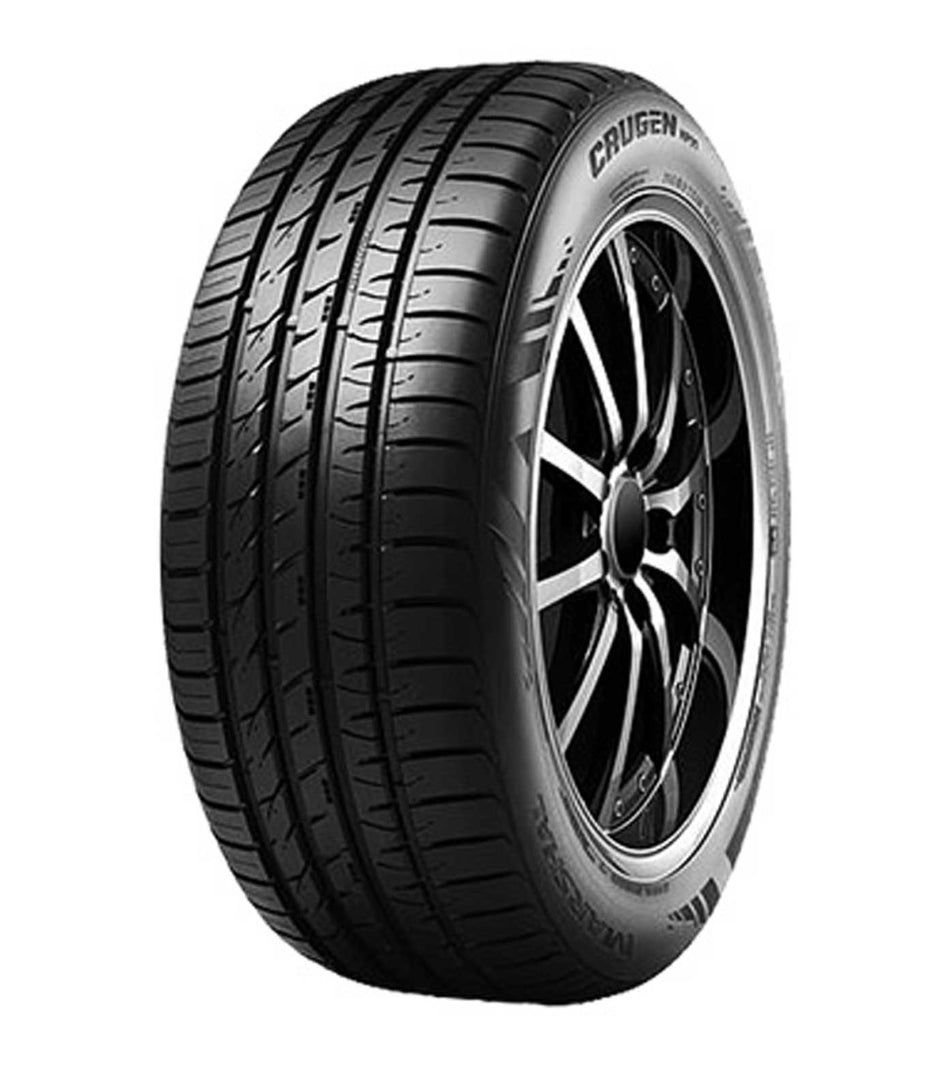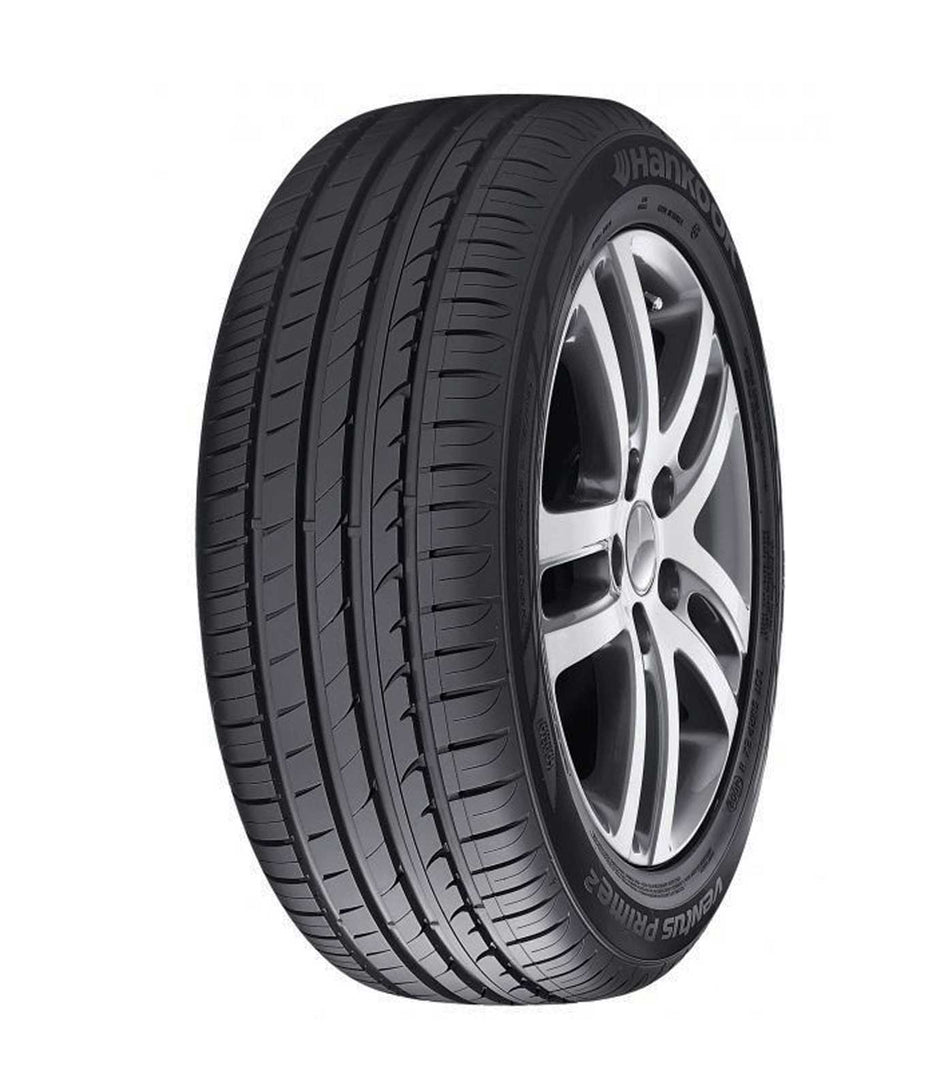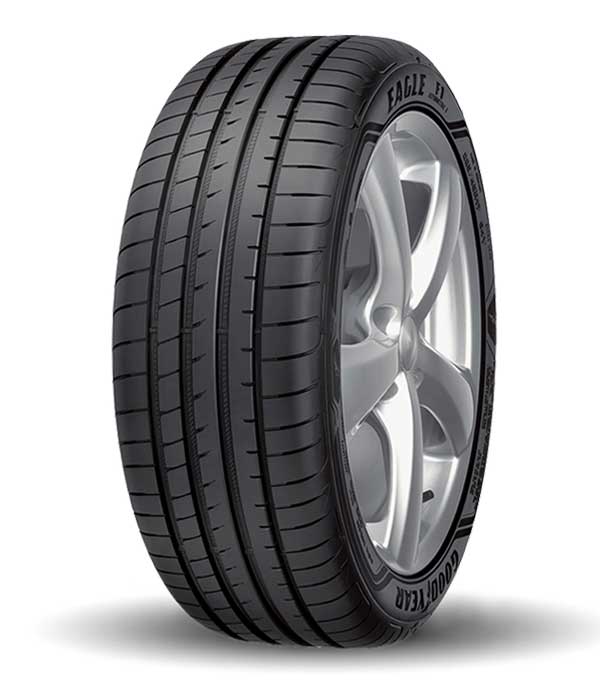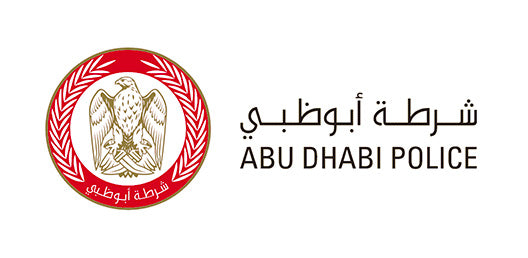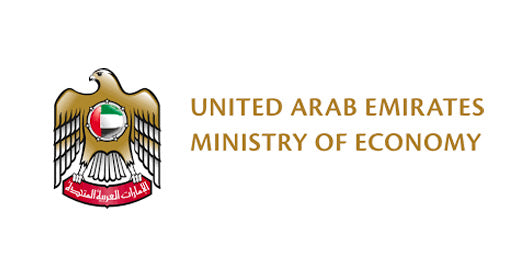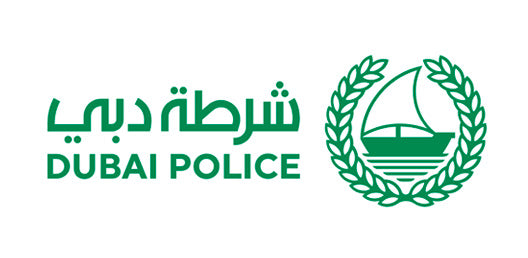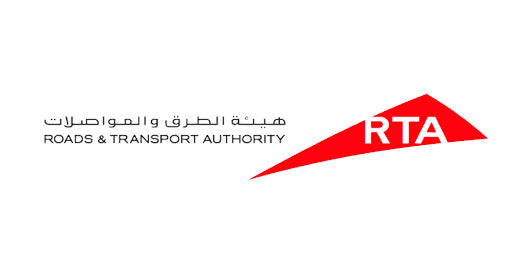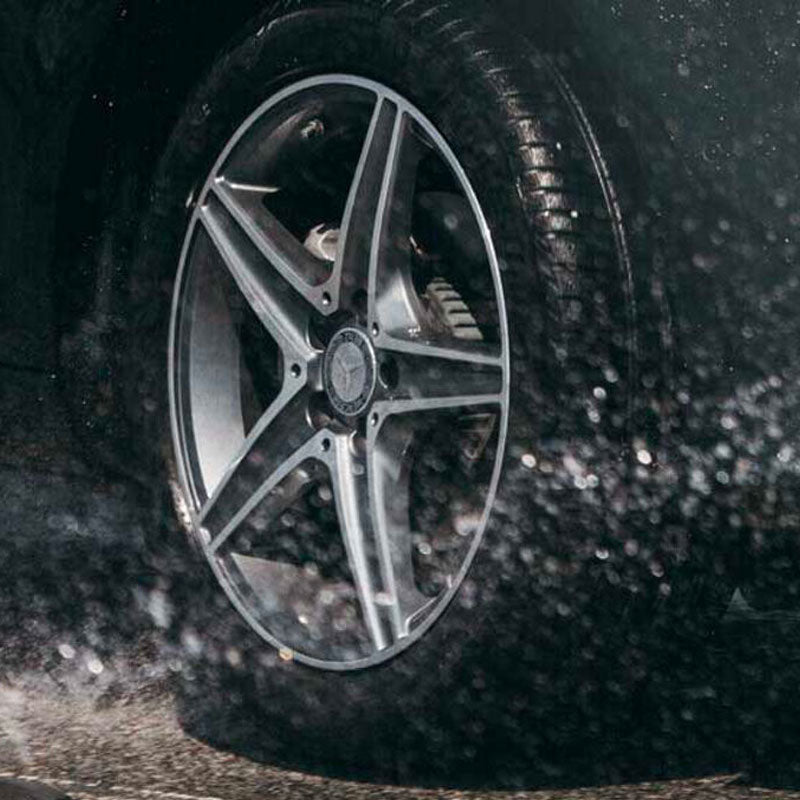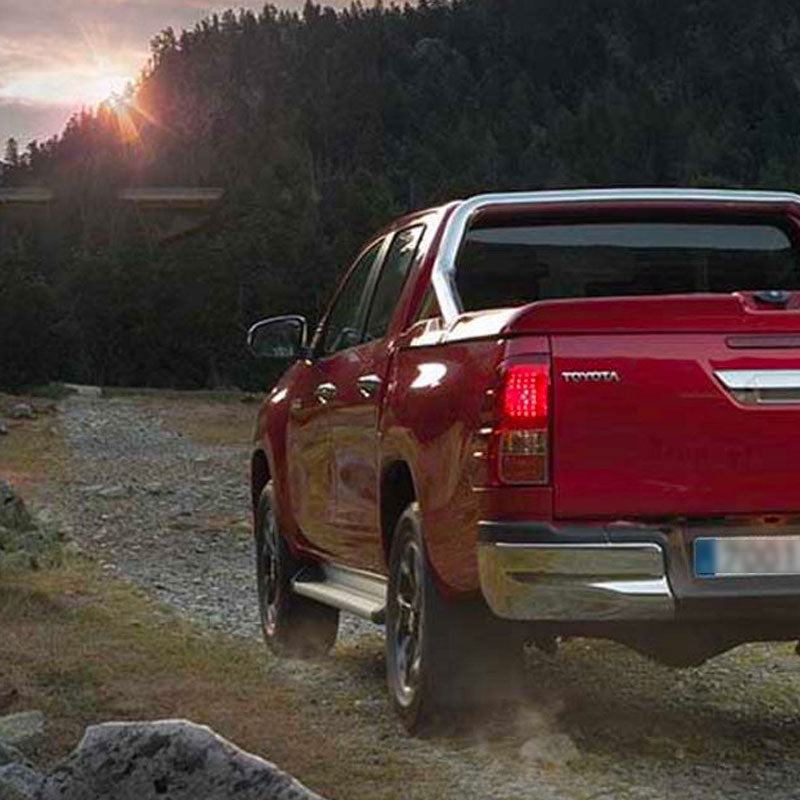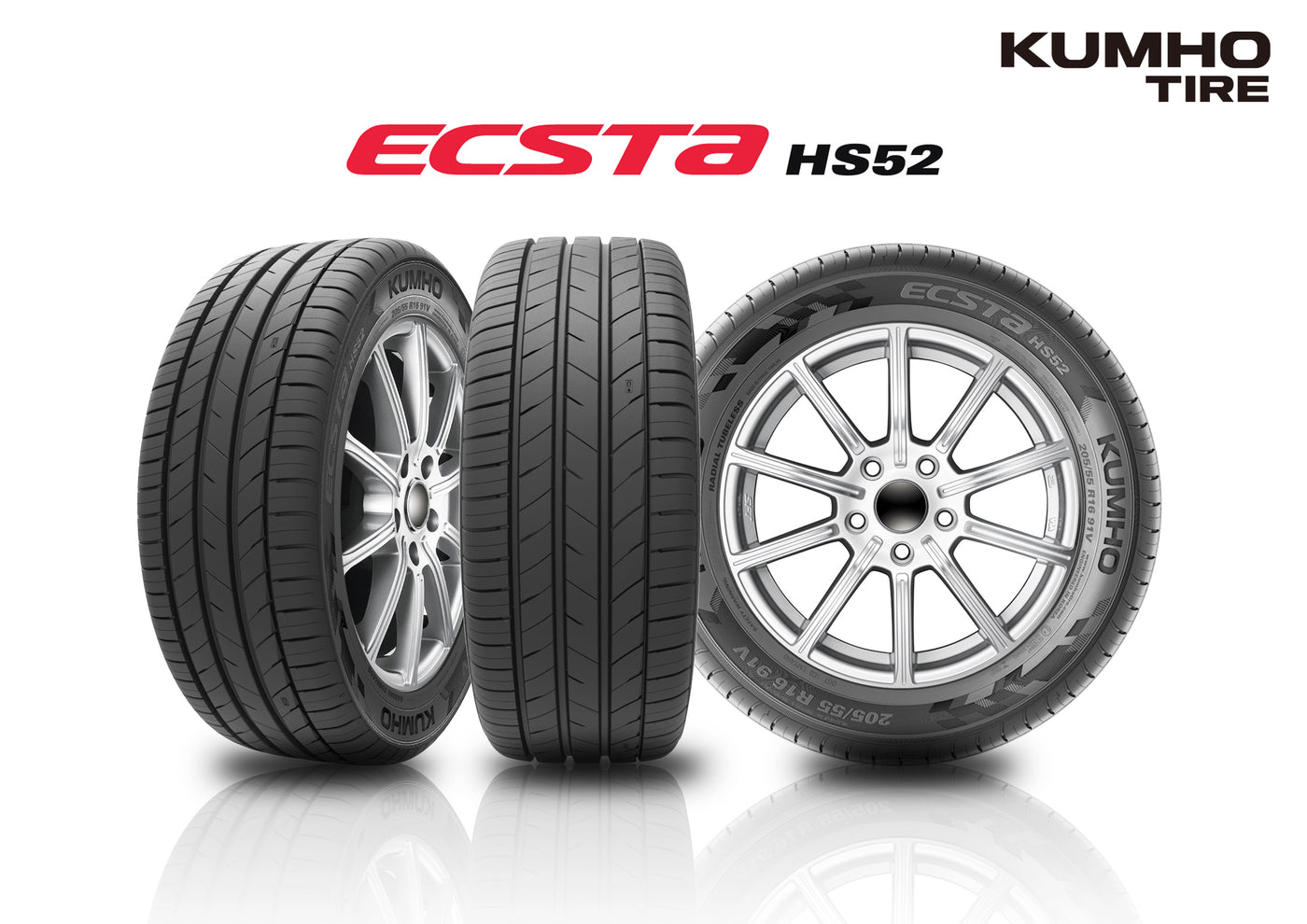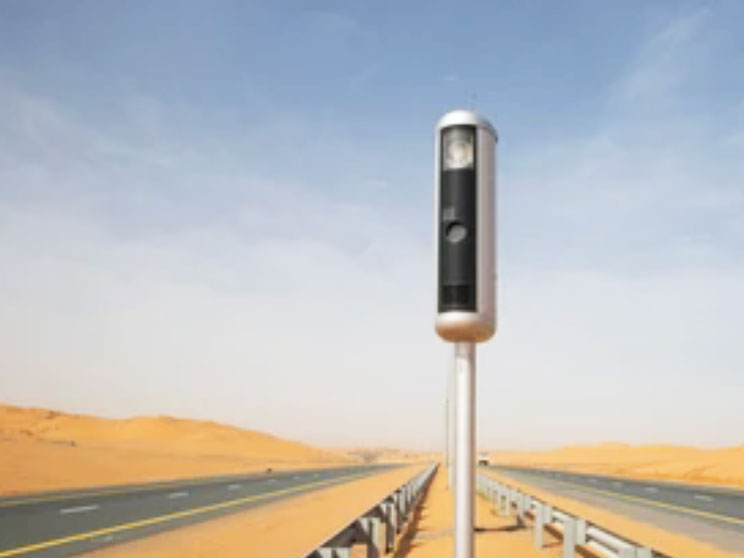Discover Why DialATire Has a 4.9-Star Rating in Dubai and the UAE
Melodious SruthyTried this mobile service for the first time and must say it was a good choice. Very happy with the overall experience and would strongly recommend them.
Abdo NAAmazing service! waseem and Hussein are such professional, polite and very helpful guys! The service is very convenient! They came exactly on time, actually 4 mins before their time they reached and called once there! I would definitely recommend their service! Tyre home delivery 😀 what a privilege we have in Dubai!! And after all , the price is at least 30% better than auto pro in the petrol station
Mohamed FarookGood work by Waseem & Hussain.
they reached my Apartment well before time, changed all the 4 tires, did a professional job , cleaned the space as well .
AmboChoiI had the best experience with Sadik and Jafar, I had special locking nuts that can only be removed by special tool. Apparently, it failed and became loose making the removal of the lug nuts impossible. But these guys went the extra mile and did everything they can to remove the lug nuts and replace all tyres efficiently.
Definitely recommended, 2 very knowledgeable and helpful guys.
Read more reviews here
Top Choice for SUV's
Find the Perfect SUV Tires for UAE Roads
Proudly Serving These Organizations
How Dialatire Works
Discover how Dialatire simplifies your tire needs with a seamless, user-friendly approach designed for busy drivers. From selecting the right tires to arranging hassle-free installation, Dialatire handles each step with ease and efficiency. Experience a smarter, faster way to manage your tire requirements, giving you peace of mind and more time for what matters most. Let Dialatire take the stress out of tire care, making the process as smooth as possible from start to finish.
Learn More About Bridgestone Tire Patterns
Get to Know the Technology in Every Bridgestone Tread
Get to know the right tires for your vehicle
Stuck on the Road?
Get Back on the Road Fast - Reliable Jump Start Assistance Available
